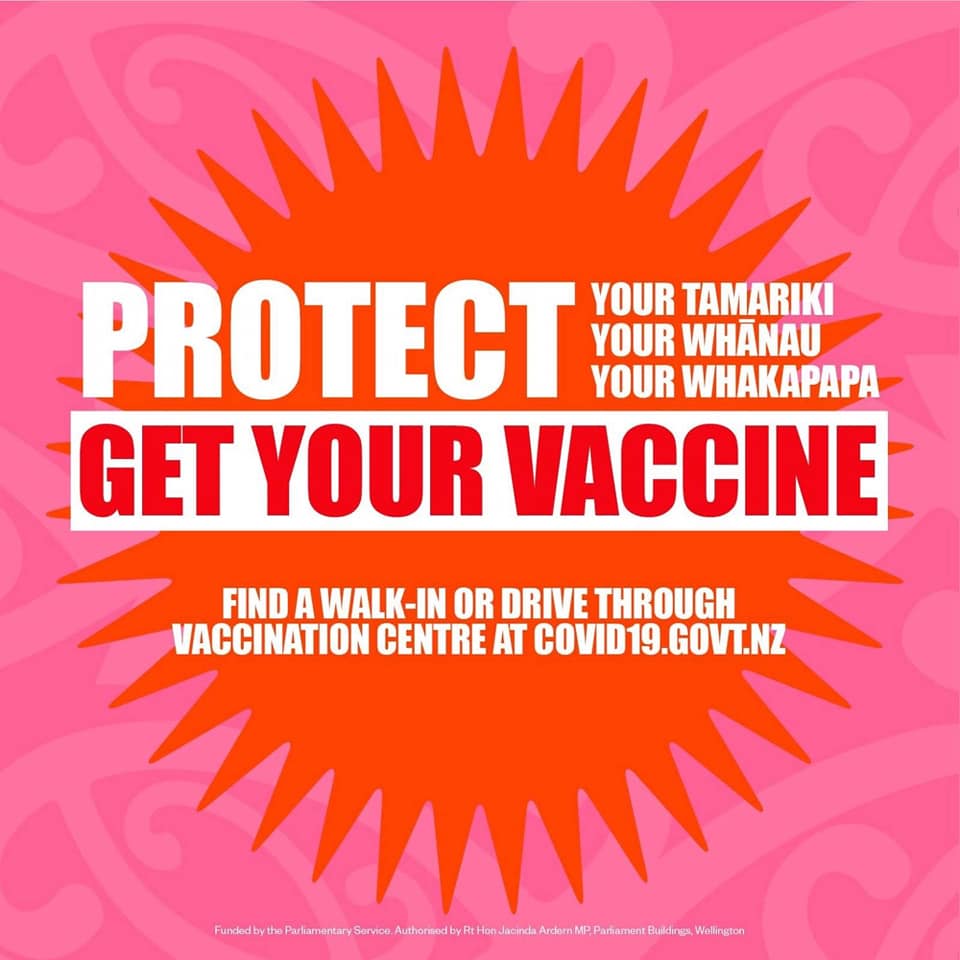Introduction
The term ‘food systems’ refers to a collection of activities involved in producing, processing, transporting and consuming food. Food systems touch every aspect of human existence. The health of our food systems profoundly affects the health of our bodies, as well as the health of our environment, our economies, and our cultures. When they function well, food systems have the power to bring people together as families, communities, and nations.
Sustainable Development Goals (SDGs)
The ‘Food Systems Summit’ has been part of the UN Secretary-General António Guterres’ Decade of Action to achieve the Sustainable Development Goals (SDGs) by 2030. It is said that ‘The Summit will launch bold new actions to deliver progress on all 17 SDGs, each of which relies to some degree on healthier, more sustainable and equitable food systems.’ (www.sdg.com).
The UN Food Systems Summit was held on 23rd September 2021 as part of the UNGeneral Assembly. There have been some activities conducted by different groups leading to the Food Systems Summit in September 2021. Between December 2020 and May 2021, several public fora, online consultations and calls for submissions were organised under five ‘Action Tracks’ of the UN Food Systems Summit, namely:
-
- Ensure access to safe and nutritious food for all. …
- Shift to sustainable consumption patterns. …
- Boost nature-positive production. …
- Advance equitable livelihoods. …
- Build resilience to vulnerabilities, shocks, and stress.
Inputs were shared by all involved from representatives of national governments to civil societies, youth, food producers, research and academia, indigenous peoples, the private sector, UN system organisations and other development partners. The International Union of Food Science & Technology (IUFoST) has been recognised officially as a Partner in the Scientific Group’s preparation for the Summit. Scientific Roundtables and Dialogue sessions have been held to discuss the importance of the discipline of Food Science & Technology for policy development at all government levels to ensure future food systems that are resilient and sustainable. Traditional Foods & Processing and Education & Training for Capacity Building have also been covered as important topics.
In October 2021 a Forum will be held to deliver on the promises regarding Future Food Systems and to set the path for IUFoST Adhering Body Members to follow up on the outcomes of the Food Systems Summit.
Pre-Summit – NZ’s Input
In partnership with the Government of Italy, the Pre-Summit took place in Rome from 26–28 July 2021. The event, which was open to all who wanted to participate, took a hybrid format, with an in-person component complemented by a vast virtual programme.
New Zealand’s own Honourable Damien O’Connor, Minister in charge of Agriculture, Biosecurity, Trade & Export, Land and Rural Communities had presented a pre-recorded speech, which is given below, with his permission:
‘Like for many countries around the world, food is a key part of New Zealand’s identity; it is a key source of economic, social, and cultural wellbeing for our people, and we recognise the wellbeing of our natural environment is the foundation for our food production. New Zealand’s primary sector strategy recognises this – it embraces our indigenous Māori concept of Te Taiao, a deep relationship of respect and reciprocity with the natural world.
Through this Te Taiao lens, we have signalled our commitment to meet the greatest challenges humanity faces: rapidly moving to a low carbon emissions society, restoring the health of our water, reversing the decline in biodiversity, and at the same time feeding our people and many more people the world over in a way that aligns with our values.
The food system is complex and varied, the challenges that New Zealand faces, and the right solutions to overcome them, will often be different to those in other parts of the world, such as the differing challenges of many of our Pacific neighbours. We need to recognise that there is often no one-size-fits-all solution to achieving more sustainable food systems, and that instead we need to apply robust evidence-based and context-relevant policy approaches to understand the transitions required. For example, it is not as simple as declaring one food type is less sustainable than another without assessing the sustainability of its production system and life cycle.
Agricultural greenhouse gas emissions, a key food systems priority for New Zealand is to raise global ambition to tackle agricultural greenhouse gas emissions. We recognise that through international collaboration we can greatly amplify the role of our small country in achieving global climate goals.
I would like to encourage other countries to join New Zealand as we build a coalition through to the Summit and beyond on our proposed ‘Game Changing Solution’, which aims to boost capability and capacity to measure food system emissions around the world.
Our proposal recognises that ‘you can’t manage what you can’t measure’ and involves countries working alongside and through the Global Research Alliance on Agricultural Greenhouse Gases (www.globalresearchalliance.org) to advance the accurate reporting of emissions from food sectors and recognise the actions countries are taking to mitigate them. As well as collaborating internationally, New Zealand is walking the walk at home on tackling agricultural greenhouse gas emissions by committing to implement a pricing mechanism for agricultural emissions by 2025.
How we do this will be determined through our ‘He Waka Eke Noa’, a world-first partnership between the food and fibres sector, government, and Māori. It will help farmers reduce their on-farm emissions and adapt to climate change while contributing to our domestic climate change targets.
The past 18-month period has laid bare the critical importance of international trade and supply chains for food security and well-being. We know that open and less distortive trade is key to eliminating hunger and lifting people out of poverty, as is reflected in the targets of Sustainable Development Goal Two.
I would like to finish by touching on a key New Zealand priority which I hope you will hear a lot more about throughout the Summit process, and that is the need for Summit outcomes to reflect the importance of indigenous knowledge, participation, and leadership in the many aspects of food systems. For New Zealand, this means promoting the significant role of Māori in New Zealand’s food sectors and the growth of Māori agribusiness.
It also means acknowledging and addressing the challenges we are yet to overcome, such as working to find practical solutions that remove barriers to Māori success and leadership and improving our government’s partnership approach to decision making with Māori on food system matters.’








